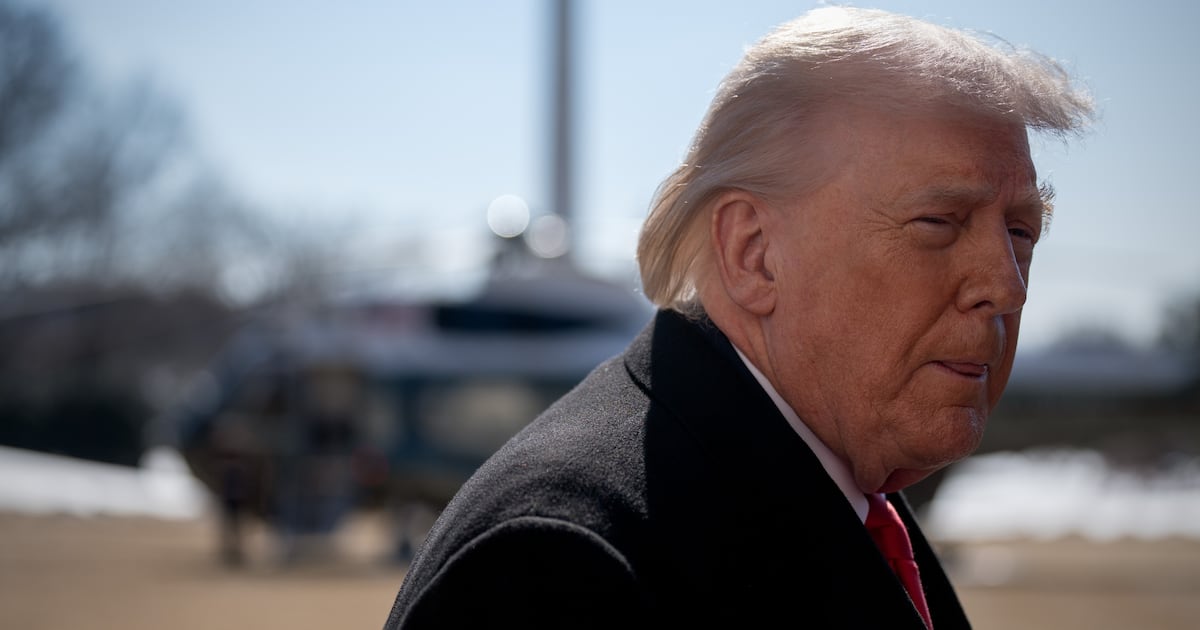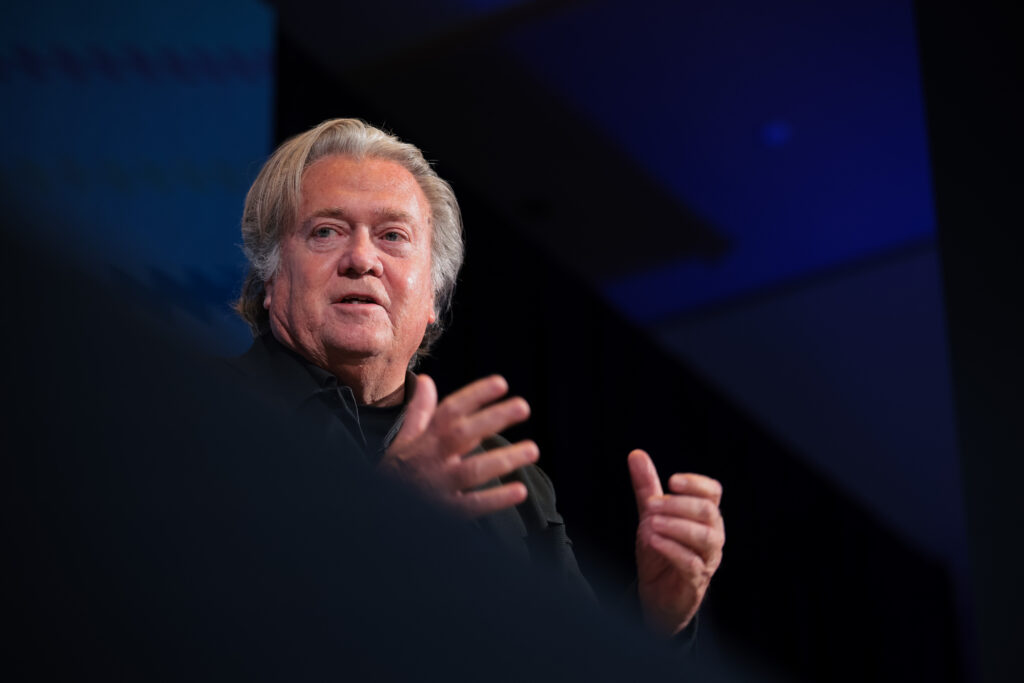The Complexities of Trump's Proposal to Grant Refugee Status to White South Africans

About the People Mentioned
Donald Trump
Donald John Trump, born June 14, 1946, in Queens, New York, is an American businessman, media personality, and politician. He graduated from the University of Pennsylvania’s Wharton School in 1968 with a degree in economics. In 1971, he took over his family’s real estate business, renaming it the Trump Organization, through which he expanded into building and managing skyscrapers, hotels, casinos, and golf courses. Trump gained widespread fame as the host of the reality TV show *The Apprentice* from 2004 to 2015, which helped establish his public persona as a successful entrepreneur. Trump entered politics as a Republican and was elected the 45th president of the United States, serving from 2017 to 2021. His presidency was marked by significant policy actions including tax cuts, deregulation, the appointment of three Supreme Court justices, renegotiation of trade agreements (notably replacing NAFTA with the USMCA), and a focus on immigration control including border wall expansion. He withdrew the U.S. from international agreements such as the Paris Climate Accord and the Iran nuclear deal, and engaged in a trade war with China. His administration’s response to the COVID-19 pandemic was criticized for downplaying the virus’s severity. Trump was impeached twice by the House of Representatives—first in 2019 for abuse of power and obstruction, and again in 2021 for incitement of insurrection—but was acquitted by the Senate both times. After losing the 2020 election to Joe Biden, Trump challenged the results, culminating in the January 6, 2021, Capitol riot. He remains a central figure in American politics, having won the 2024 presidential election and returned as the 47th president in 2025, continuing to promote policies aimed at economic growth, border security, and military strength[1][2][3][4].
About the Organizations Mentioned
U.S. president
The U.S. presidency is not an organization but a constitutional office that serves as the head of state and government of the United States. It is a pivotal role in the country's governance, responsible for executing and enforcing federal laws, appointing federal officials, and shaping domestic and foreign policy[1][2]. **History and Key Achievements:** The office of the president was established by Article II of the U.S. Constitution. Over time, it has evolved to include significant responsibilities such as leading the military, negotiating treaties, and vetoing legislation. Key achievements include the leadership during major crises like wars and economic downturns, as well as the implementation of significant policies like healthcare reform and civil rights legislation. **Current Status:** As of 2025, Donald Trump is serving as the 47th president, marking his second term. His administration has focused on various initiatives, including executive orders aimed at government efficiency and health promotion[3][4]. The president's role remains crucial in shaping U.S. policy, both domestically and internationally. **Notable Aspects:** - **Executive Orders:** The president has the authority to issue executive orders, which allow for swift policy changes without needing congressional approval. This has been a key tool in recent administrations, including Trump's, to implement policies on issues like trade and government efficiency[3][4]. - **Global Influence:** The U.S. presidency holds significant global influence, with the president playing a central role in international relations and diplomacy[1][2]. - **Technological Advancements:** The president's administration often focuses on modernizing government services and technology to enhance efficiency and public services[4]. In summary, the U.S. presidency is a powerful and influential office that plays a critical role in shaping the country's future through policy, leadership, and global engagement.

















